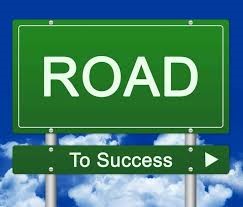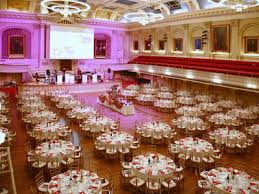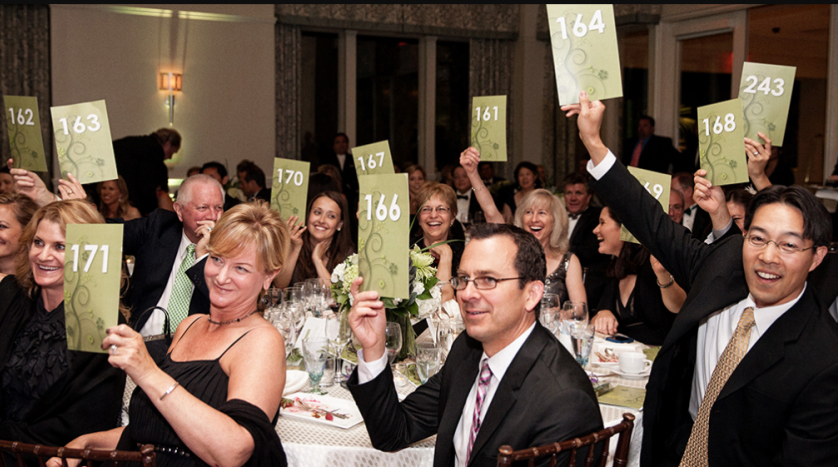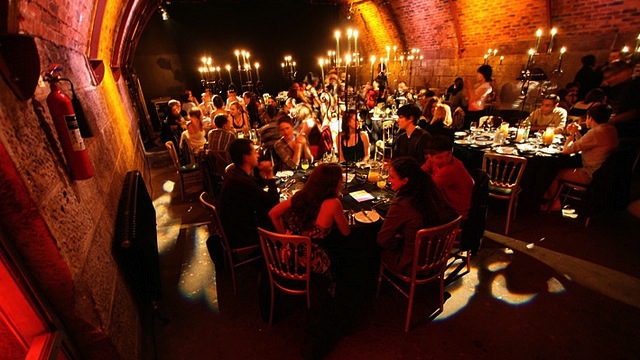
Last week some good friends of ours were visiting. The conversation wound around to the pressure our parents had put on us. We all agreed they meant well. But a common theme we heard was that we should do things right, so we could be successful.
“I had to do everything right,” our friend said. The implication was that she couldn’t fail because, if she did, there would be trouble. I knew exactly what she meant. In my early years, failure avoidance was my central focus. I would do anything not to fail because, if I did, I would risk the disapproval of all the authority figures in my life.
We spend a lot of time in life telling ourselves and others what NOT to do. And in major gift work, this can be a block to success. We should encourage MGOs to try new things and new approaches.
Major gifts work is filled with a lot of formulas and principles for success. Jeff and I spend a great deal of time collecting and disseminating this information. But you can follow everything we say and everything we pass on from others about how to be successful in major gifts, and still fail. Why? Because you are focused on avoiding failure and rejection; or jumping through administrative hoops set up by some manager; or conforming to a certain way of doing things rather than allowing yourself to think outside the box and trying something that may fail – but also may succeed.
I remember when I was working for a non-profit as a development director. We had booked a relatively popular musician to hold a public event in Portland, Oregon. The venue seated 3,000, and I knew we could pack the place if we did the promotion right.
And then, with my major gift hat on, I had a brilliant idea. For a little extra, we could have the musician go to Seattle the next night and hold a “by invitation only” event for major donors in a cozy theater at a local school. It seated 300. I knew this would work, and we could easily fill the theater because (a) it was exclusive, (b) it was limited space, and (c) this would be a great evening.
The Portland event was a blow out! Amazing. We had to turn people away.
I had organized my staff to be at the Seattle event. Some helped with parking. Others helped with seating. I had almost 15 staff members there – all ready for this wonderful packed house and a wonderful evening of music.
12 people showed up. It was one of the most embarrassing times in my professional career. We got through the night, and I confessed to my staff and my boss that I had made a horrible mistake. I’d taken a risk and chased what I thought was a good idea. And it failed miserably.
Here’s why I am telling you this story. That one experience taught me some valuable lessons in major gifts. Among them are:
- Don’t assume that because donors have the common characteristic of being “major” that they are all interested in what you have to offer them as a group.
- Don’t use events as a primary cultivation tool for major donors – it’s better to have a personal relationship and personalize the activity to the donor.
- One-to-one relationships work far better than one-to-many in major gifts.
- A major donor will give more in a one-to-one ask than in an events ask. Events tend to dilute and suppress the contribution a major donor.
- Adding a major donor agenda to a public event may not always be a good idea.
Now you might want to argue any and all of these points, and that’s fine. I’m just saying that my failure produced instant and long term reflection that benefited me in the major gift journey. It was a good thing.
Then there is the MGO we worked with, who asked a donor to let her visit the charity where the donor had given millions of dollars in order to gain an understanding of how the donor thought about his giving. This organization was totally unrelated to the one the MGO worked for – it wasn’t even in the same sector. But the MGO spent the time, learned some critical information about how the donor related to that organization AND caught the attention of the donor, who was honored that the MGO would spend that kind of time to know him better. The result: a million-dollar gift to her organization.
And another MGO helped a donor give a substantial gift to another organization. I don’t have time to give you all the details here, but this MGO actually helped the donor process the pros and cons of giving to another place! Crazy. But it built trust and resulted in major giving to his organization.
These are instances where an out-of-the-box idea generated a positive result.
The point is that every failure and every attempt that resulted in success has brought clarity into the relationship with the donor and learning to the professional development of the MGO.
That’s how failure is. When you embrace it rather than fear it, you will try new things and discover gifts of learning which get you closer to success.
If you stop and think about anything that has been achieved in life, from inventing the airplane to new ways of doing things or discovering a new mountain to climb, or a new combination of ingredients or a new record – all of these successes were preceded by a series of failures, where the person focused on success tried this way and failed, then that way and failed, and finally found her way to success. That is the nature of and pathway toward success – it is a long string of failures that cause learning and enlightenment, then finally lead to success.
What can you try this week that will get you closer to your donor; where you can get to know him or her better; where you can show you care more about his interests and passions than you do about his money? How can you frame yourself to him so he really does understand you are wanting to serve him, not just get something for yourself?
Dream up some crazy out-of-the-box idea and try it. It may fail – but so what? You’ve just learned something. And that is good.
Richard







0 Comments